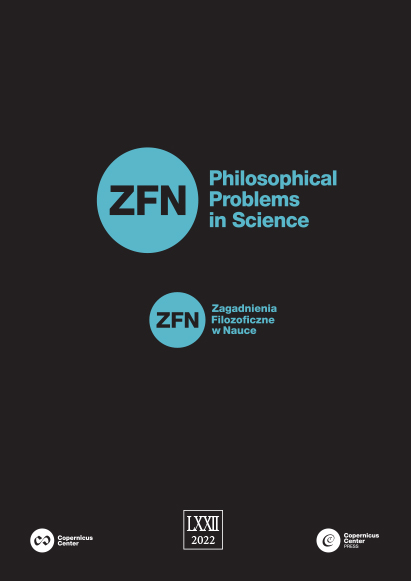Idee i ideaty
Ideals and ideats
Author(s): Michał Heller, Janusz MączkaSubject(s): Philosophy, Essay|Book Review |Scientific Life, Review, Special Branches of Philosophy, Philosophy of Science, Book-Review
Published by: Copernicus Center Press
Keywords: scientific revolution;meta-scientific revolution;ideats;themata;episteme;doxa
Summary/Abstract: The original view of Joseph Życiński, presented in his book The Structure of the Metascientific Revolution (1988), boils down to the observation that almost before our eyes a great revolution took place, not in science, but in the philosophy of science, that is the meta-scientific revolution. His concept of the meta-scientific revolution grew out of his fascination with the revolution that took place in the foundations of mathematics in the first decades of the twentieth century. Whether a change in science deserves to be called a revolution is determined by whether the transformations it underwent also reached the meta-level. The set of presuppositions underlying transformations on the meta-level Życiński calls ideata. One of the aims of this article is to critically reconstruct the meaning of this term.The action of Życiński’s book takes place mainly on meta-level, but the meta-level constantly interacts with what is happening in science itself. The book sometimes makes an impression as if it were a study of the history of science, but history of science in a specific sense – something like a “sampling” of history with numerous examples. Among the creations of human thought, it is difficult to point to an area that changes more dynamically than science itself, but looking at it from a meta-perspective allows us to grasp those of its features that operate on a much broader scale.
Journal: Zagadnienia Filozoficzne w Nauce
- Issue Year: 2022
- Issue No: 72
- Page Range: 203-212
- Page Count: 10
- Language: Polish

